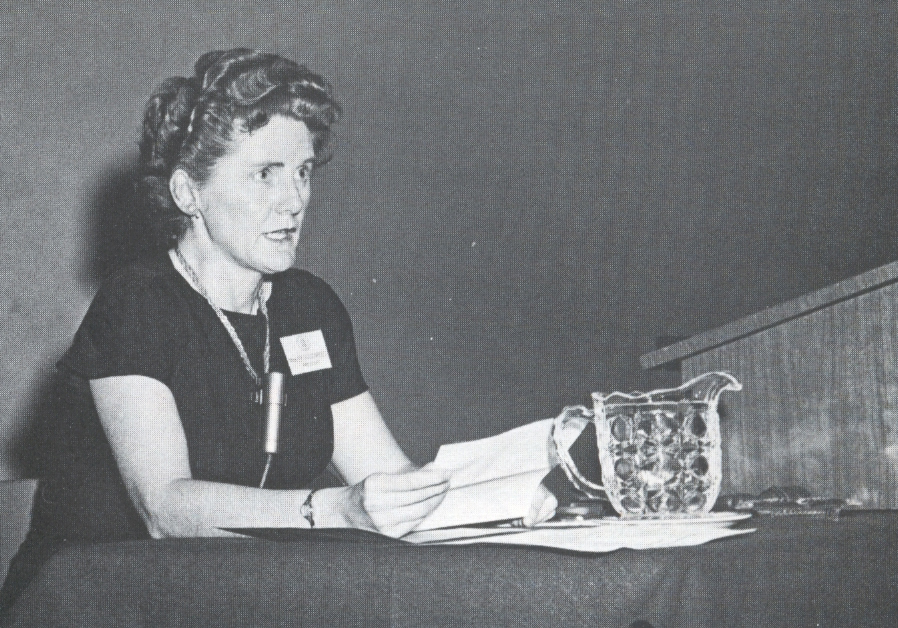PIPSC and the First Nations Health Authority (FNHA) celebrated the renewal of their collective agreement on July 23rd, 2018. The renegotiation of this agreement took place entirely on First Nations land and included Elders supporting the work with prayer, wisdom and input. The negotiations fostered a meaningful relationship between both parties. Additionally, the renewed collective agreement includes traditional First Nations approaches to conflict management and resolution.
"We are proud to be a part of the renewal of this historic agreement between our members and the First Nations Health Authority because of the incredible work that both parties did in incorporating First Nations-based principles and practices to negotiations," said PIPSC President Debi Daviau. "We felt there was a genuine effort to work together and both sides were guided by the objectives they serve: good jobs in healthy communities. We look forward to continuing this approach through the life of this agreement and beyond."
This important approach is in keeping with the PIPSC commitment to reconciliation with Indigenous peoples in Canada. The initial agreement in 2015 set precedent for labour relations that incorporate First Nations perspectives, values and sensibilities. It was the first agreement of its kind in Canada.
"We want to thank our partner the Professional Institute for their collaboration and being open again to including First Nations Elders in this work and incorporating First Nations perspectives into the agreement,” said Joe Gallagher, CEO of the FNHA. "I want to raise my hands to team members on both sides for the commitment to working together in a good way for the interest of First Nations peoples and our organizations. We are always better together."
The terms of the Collective Agreement are from April 1, 2017 to March 31, 2020.


